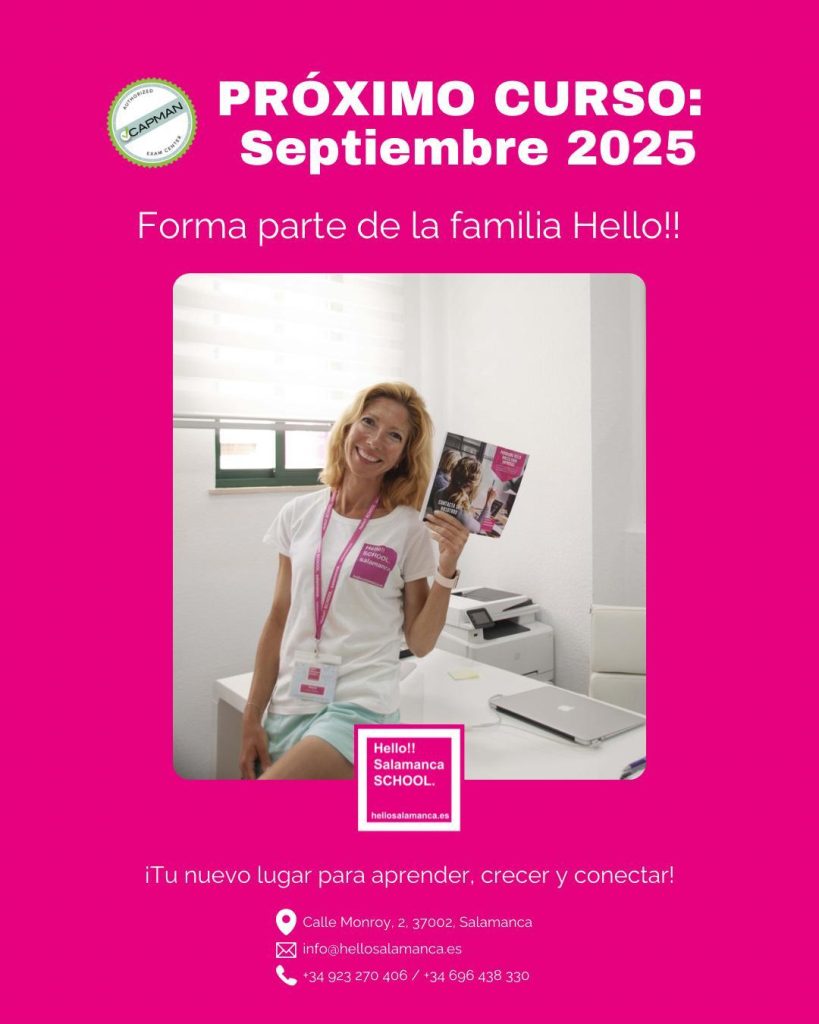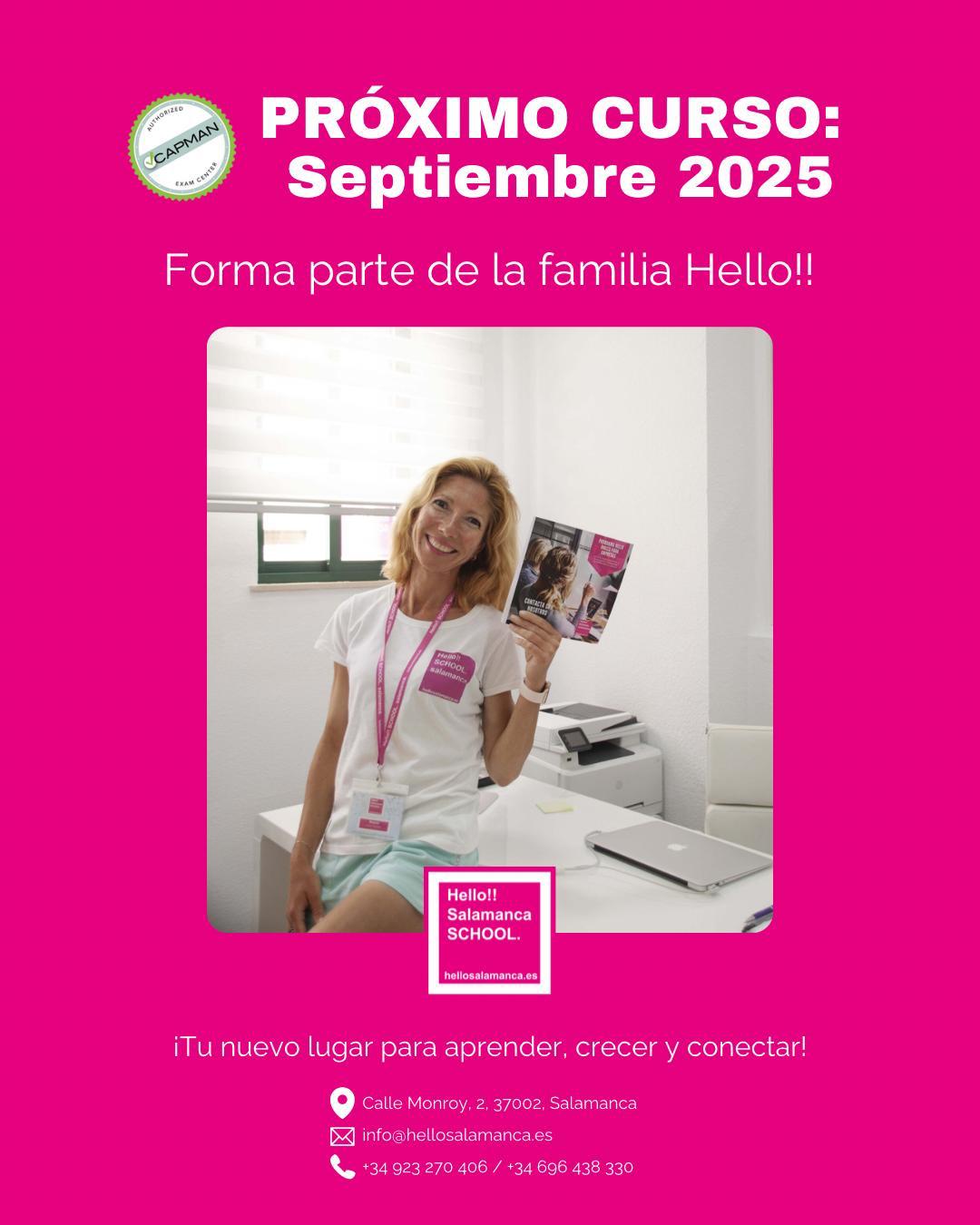English has got a huge amount of materials to you. In the following link you can find some steps to use these kind of materials. http://store.really-learn-english.com/pages/study-with-tv
19 wise truths we learned from Winnie the Pooh
http://www.littlechurchmouse.com/19-incredibly-wise-truths-we-learned-from-winnie-the-pooh/
Some, any, every and no.
Look at the following link the uses of some, any, every and no. http://learnenglishteens.britishcouncil.org/grammar-vocabulary/grammar-videos/some-any-every-and-no?utm_source=facebook&utm_medium=social&utm_campaign=bc-learnenglishteens
What’s the difference?
A FEW and FEW are used before plural nouns that we can count (for example: toys, friends, days, people). A LITTLE and LITTLE are used before plural nouns that we do not count (for example: money, advice, love). FEW and LITTLE have negative meanings, while A FEW and A LITTLE do not.
Activities to encourages active listening skills.
10 Immersion tips for ESL students
http://www.grammarly.com/blog/2015/10-immersion-tips-for-esl-students/?sf&utm_campaign=Blog_Augment_1&utm_source=Facebook_org&utm_medium=social&utm_content=link_post
Other ways to respond to «Thank you»
Cartoons for little kids.
http://www.multimedia-english.com/videos/kids/cartoons/the-marth-giant-samsam-4925
«Straight from the horse’s mouth»
Watch the following video to learn the history of this word: http://learningenglish.voanews.com/media/video/2688203.html
What are the most common grammar mistakes in British English?
http://www.really-learn-english.com/common-grammar-mistakes.html










